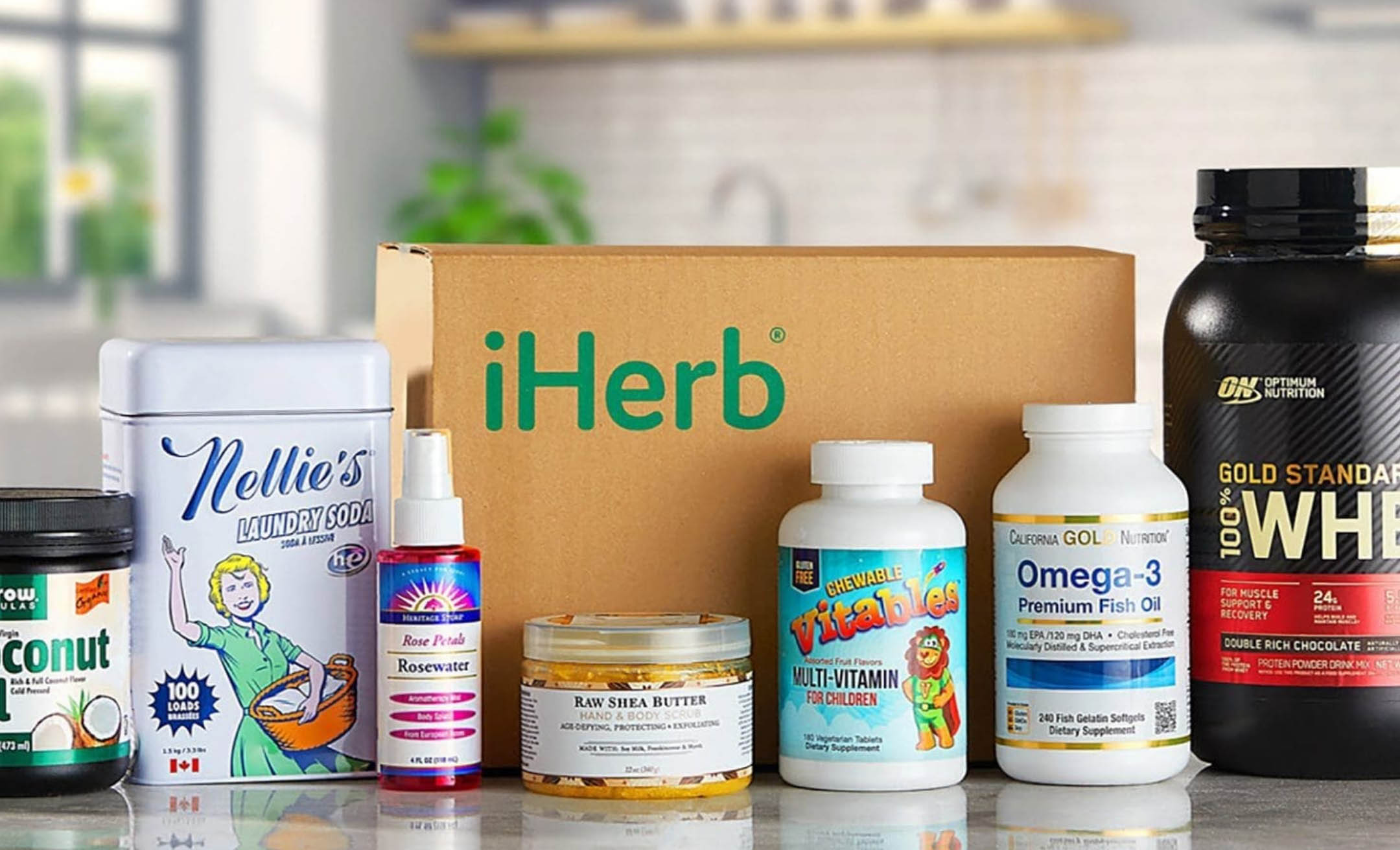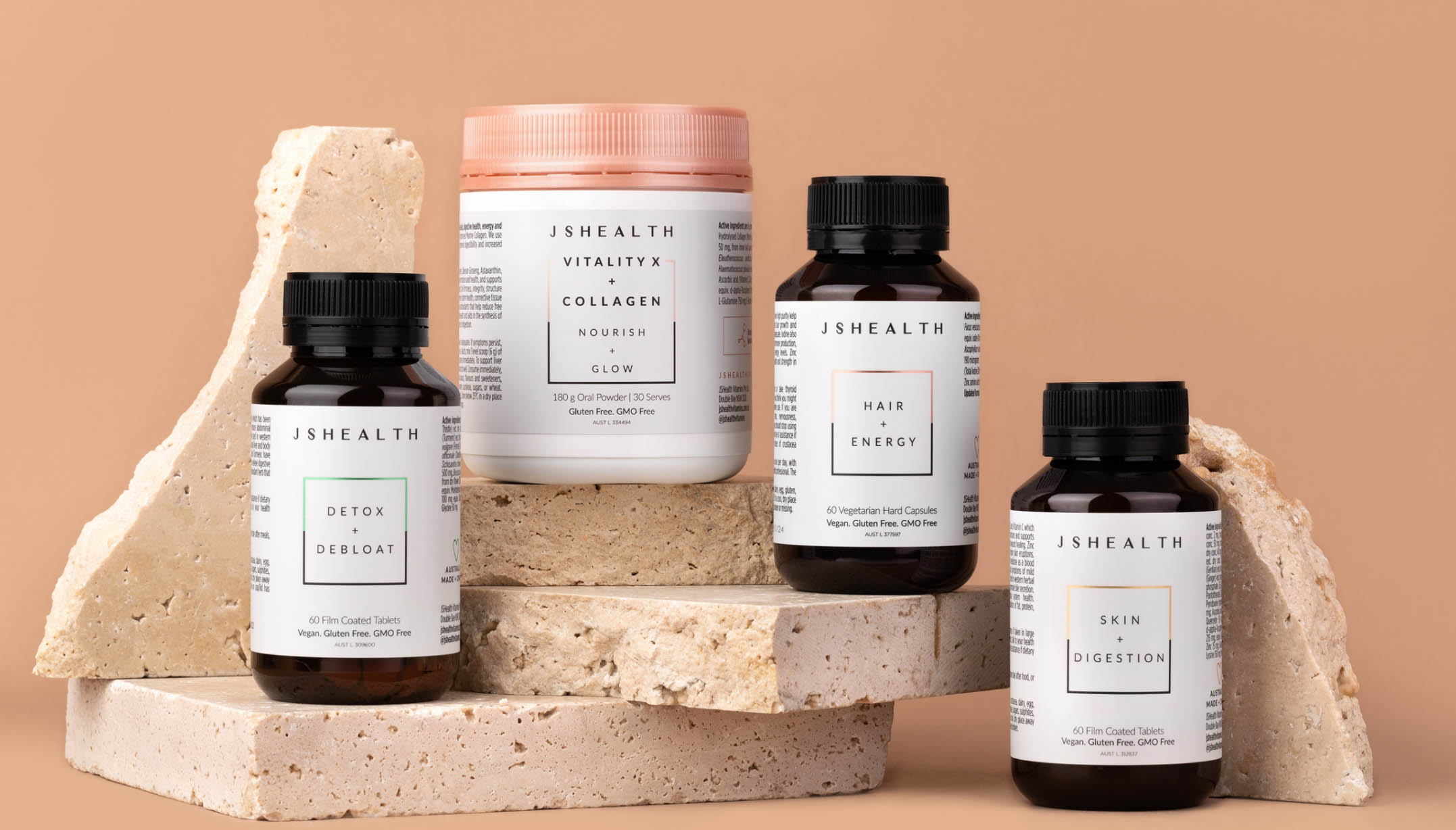Is 2024 The Year Where You Finally Start Taking Your Gut Health Seriously?

From the recently launched M&S x Zoe ‘ultimate gut shot’ to an array of prebiotic and probiotic offerings, it appears that no matter where you look, there’s always a new, miraculous method being touted to enhance your gut health. And if, through some sorcery, you’ve somehow avoided the barrage of advertisements that have been omnipresent since the beginning of the year (including those plastering every billboard in the London Underground), chances are, you’ve encountered the flurry of #guttok videos on TikTok, which have amassed over 7 million views.
The spotlight on gut health is intense, positioning it as a panacea not just for issues related to digestion, but for hormonal imbalances, menopause symptoms, and even as an aid for mental wellness.
The push of these ‘gut-friendly’ products, backed by substantial marketing investments, seems to have had its intended effect. Recent studies conducted by Holland and Barrett, which surveyed 2,000 adults about their gut health, reveal a significant uptick in public awareness. Over half of the participants now report a heightened consciousness of their gut health compared to the previous year, with monthly searches for ‘gut health’ seeing a 23 percent increase on an annual basis.
The Gut-Brain Connection
One of the most fascinating areas of gut health research is the gut-brain axis, a complex communication network linking the gut and the brain. This connection suggests that the state of our gut can influence our mood, stress levels, and even cognitive function. Studies have shown that people with healthy, diverse microbiomes exhibit lower levels of anxiety and improved mental clarity. Therefore, nurturing our gut health can be seen as nurturing our mental health too.
Immunity and the Gut
Our gut microbiome also plays a crucial role in our immune system. Approximately 70% of our immune system resides in the gut, making it a critical line of defense against pathogens. A balanced gut microbiome can enhance immune response and may even reduce the likelihood of developing autoimmune diseases. As we continue navigating the aftermath of a global pandemic, the importance of a robust immune system cannot be overstated.

How to Support Your Gut Health in 2024
Diversify Your Diet
Incorporating a wide variety of foods into your diet is crucial for fostering a diverse microbiome. Focus on fiber-rich foods, fruits, vegetables, legumes and whole grains. Fermented foods like yogurt, kefir, kombucha, and sauerkraut can also introduce beneficial bacteria into your gut.
Mind Your Microbes
Consider taking a probiotic supplement or eating probiotic-rich foods to support your microbiome. However, remember that not all probiotics are created equal. Research to find one that meets your specific health needs.
Listen to Your Gut
Pay attention to how different foods affect your body. Food intolerances can disrupt your gut microbiome and lead to discomfort. If you suspect a food isn’t agreeing with you, consider consulting with a healthcare provider to explore food sensitivity testing or an elimination diet.
Manage Stress
Chronic stress can wreak havoc on your gut health, leading to inflammation and a decrease in microbial diversity. Incorporate stress-reduction techniques like meditation, yoga, or deep breathing exercises into your daily routine.
Get Enough Sleep
Sleep is crucial for maintaining a healthy gut. Lack of sleep can negatively impact your microbiome and immune system. Aim for 7-9 hours of quality sleep per night.
As we embark on a new year, let’s make a collective commitment to prioritize our gut health. The connection between our gut and overall well-being is undeniable, and by taking steps to support our gut health, we’re investing in our long-term health and happiness. Make 2024 the year you start listening to your gut—it might just have all the answers you’ve been looking for. Visit iHerb for 20% off and J S Health for 20% off, don't forget to log in and add your code at checkout.












